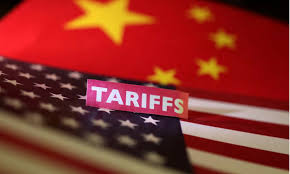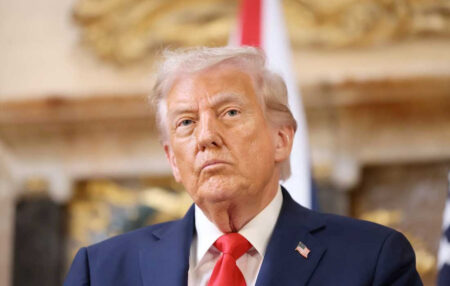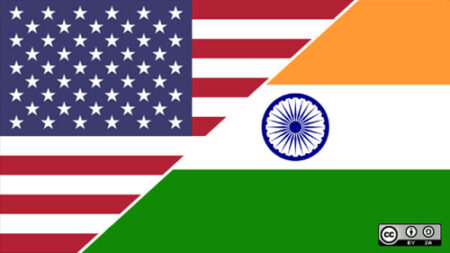The US suspends the $800 de minimis duty exemption for non-postal shipments; new tariffs apply.

In a major policy shift aimed at tightening trade enforcement, the United States has suspended the long-standing de minimis exemption that allowed low-value commercial shipments (valued at $800 or less) to enter the country without tariffs. The move, announced by the White House, will take effect from August 29, following the signing of an Executive Order by President Donald Trump.
The change targets shipments that bypass the international postal network, such as those sent through private express carriers. These packages will now face full applicable duties, ending years of tariff-free access for a growing segment of cross-border e-commerce.
The White House clarified that items arriving via postal channels will still be taxed, but under two options:
- An ad valorem duty based on the standard tariff rate of the item’s country of origin
- A specific flat tariff of $80 to $200, valid for six months and varying by the country’s tariff rate
The policy shift comes amid explosive growth in low-value imports. Between 2015 and 2024, the number of de minimis shipments entering the US skyrocketed from 134 million to over 1.36 billion annually. Today, U.S. Customs handles more than 4 million de minimis packages every day, many from Asia and other major exporting regions.
The decision is expected to have far-reaching implications for e-commerce retailers, international suppliers, and consumers, especially those relying on duty-free shopping through global online marketplaces.
Industry observers say this is a clear message from Washington: the era of unchecked low-value imports is ending, and companies must now restructure supply chains and pricing strategies to stay compliant with the revised trade framework.
More updates to follow as Customs issues operational guidance and businesses prepare for the new tariff regime.
Source: EXIM news











